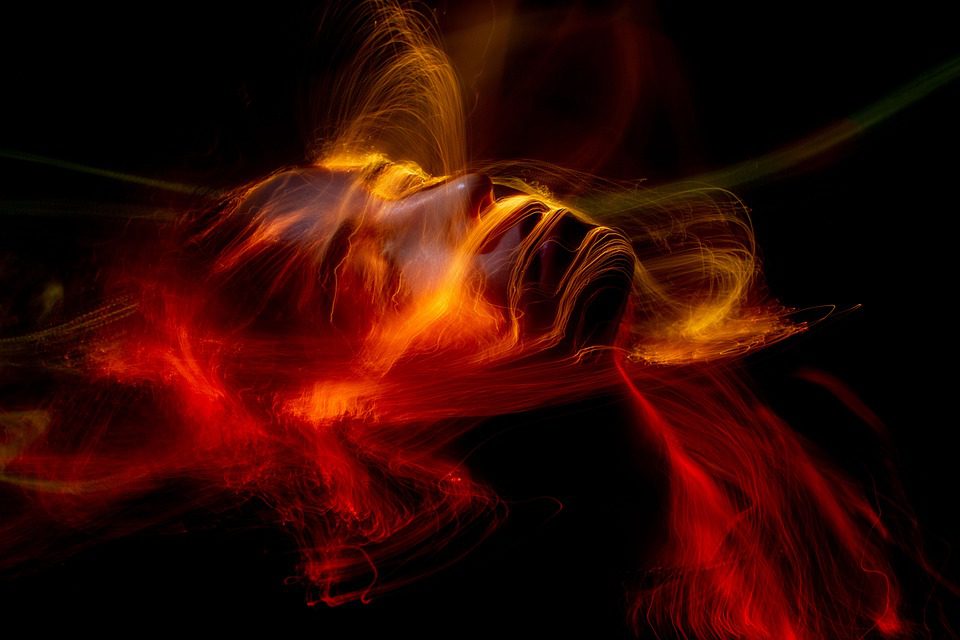A request to allow an AI to copyright a piece of art was denied by the US Copyright Office. A three-member board reviewed a 2019 verdict involving Steven Thaler, who attempted to copyright a photograph on behalf of an algorithm named Creativity Machine. The board determined that Thaler’s AI-created picture lacked an element of “human authorship,” a need for protection, according to the board.
The above work by Creativity Machine is titled “A Recent Entrance to Paradise.” It’s one of a series Thaler calls a “simulated near-death experience,” in which a computer reprocesses photographs to produce hallucinating visions and a fake afterlife story. The AI is also expected to accomplish this with very little human interaction, which has proved to be a deal-breaker for the Copyright Office.
The link between the human intellect and creative expression, according to the board’s ruling, is a crucial feature of copyright. Although copyright law does not specifically establish guidelines for non-humans, courts have viewed assertions that animals or divine entities may benefit from copyright protections with suspicion. The courts have consistently held that non-human expression is unsuitable for copyright protection, explains the board.
This isn’t to say that any work that incorporates AI is invalid. Thaler stressed that humans were not engaged in any way since his purpose was to show that machine-created artworks could be protected, not just to prevent individuals from stealing the image. (He attempted unsuccessfully to show that AIs may also patent innovations in the United States.) The rationale of the board takes his argument for granted. As a result, if someone attempted to copyright a comparable work by claiming it was a result of their own creativity done by a computer, the result may be different. If Thaler files a lawsuit after being rejected, a court might reach a different judgment about his work.












Leave a Reply